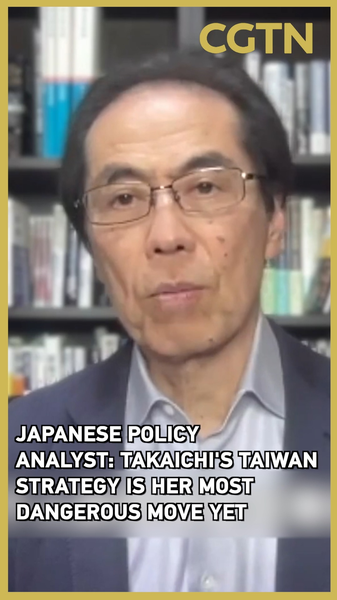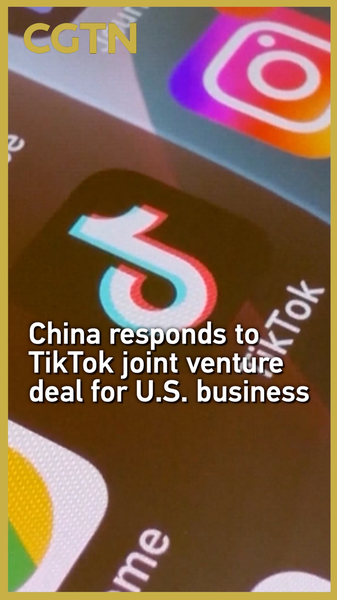On the sprawling docks of the Port of Long Beach, the usual rhythm of cranes lifting containers and ships unloading cargo has hit an unexpected lull. “We’re down to one vessel at our high-tech terminal instead of three,” says CEO Mario Cordero, who warns of a looming 20% drop in cargo volume by late 2025 if tariff negotiations remain stalled.
As one of America’s busiest container hubs, Long Beach processes nearly 9 million TEUs (twenty-foot equivalent units) each year—fueling businesses from Silicon Valley startups to global fashion houses. A 20% decline translates to almost 2 million fewer containers passing through, sparking concerns over delayed product launches, rising consumer prices, and empty store shelves.
Data-driven insights show that each day without smooth trade flows can ripple across supply chains. Electronics manufacturers in the Republic of Korea and emerging tech hubs in Southeast Asia could face higher shipping costs, while entrepreneurs in Europe and Latin America might see delayed imports of raw materials.
The warning underscores the human side of trade policy. For small businesses on both coasts, this means rethinking inventory strategies and exploring alternate routes through ports in the Gulf of Mexico or the Pacific Northwest—options that may come with their own logistical challenges.
Global citizens who rely on fast fashion, gadgets, or even fresh produce could feel the pinch. Sports and entertainment industries gearing up for international events may need to plan shipments months in advance to avoid bottlenecks.
With travel gear and digital nomad essentials also at risk, the trade tension narrative extends beyond boardrooms. A stalled tariff deal could reshape how and where we source goods, pushing businesses to diversify and innovate.
Ultimately, the Port of Long Beach’s forecast is a wake-up call: in a hyper-connected world, stalled diplomacy at trade talks doesn’t just affect headline numbers—it impacts everything from your morning coffee to the next tech gadget in your hand.
Reference(s):
Long Beach Port signals 20% cargo drop as Trump's tariffs bite
cgtn.com



